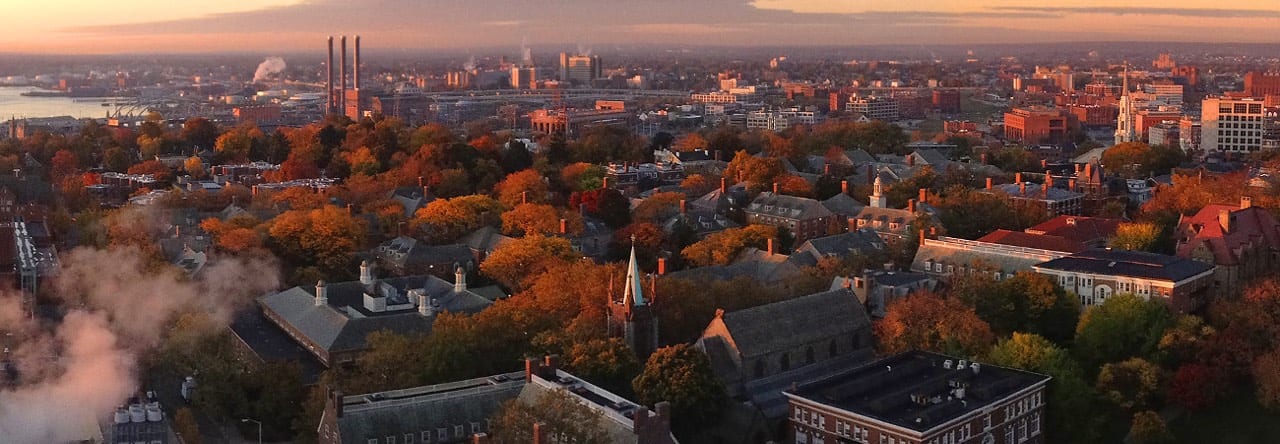Research overview
Our research applies microscale and nanoscale technologies to create new and improved ways to deliver medicines to target sites in the body and to enable the body to heal itself.
In the Brown University lab of Tejal Desai, PhD, research focuses on the design, fabrication, and use of advanced microtechnology and nanotechnology to create new medical therapeutics. We are fundamentally interested in how alterations in microstructure and nanostructure can be used to modulate molecular and cellular behavior, and we use this knowledge to develop better technologies and therapies for patients. Our projects fall into three broad groups:
- Cellular integration and tissue engineering—using engineering to recreate or repair the tissues of the body
- Biomimetic architectures for functional biomaterials—copying the physical cues of biology with engineering techniques
- Therapeutic drug targeting and delivery—novel approaches to long-term drug release and targeted, cell-specific drug delivery
Our work is based on the idea that if we can understand and manipulate the world at the microscale and nanoscale, we can engineer biomedical technologies that interact directly with cells, drugs, and biomolecules.
By interacting directly with biology on its own scale, we can explore the connections between microtechnology and nanotechnology in the improvement of human health.
Why now
Our lab takes advantage of the convergence between modern advances in nanotechnology and our rapidly maturing understanding of the response of human cells and tissues to microstructural and nanostructural cues. Together, these insights give us the tools to innovate on the microscale and nanoscale, and the understanding necessary to bridge the gap among nano-, micro-, and bio-based research and translational advances in medical technologies.
Why here
The work of the Desai Lab team is at the leading edge of therapeutic microtechnology and nanotechnology is supported by a special academic research environment at Brown University. For example:
- The Desai Lab aims to create new therapeutics to improve health. Through partnerships between Brown University’s School of Biology and Medicine and The School of Engineering, There is great interest and focus on improving health through therapeutics—medicines, medical devices, and diagnostic tests. The spirit of collaboration that created this partnership typifies the entire research enterprise at Brown University, which is striving to become a leader in engaging scientists across fields to explore research questions from atypical perspectives.
- Productive research in the Desai Lab depends on melding the physical and biological sciences. The lab sits within an academic home, the School of Engineering, that both explores biology and applies research discoveries to support the creation of new, more efficient and effective therapeutics.
- Research in the Desai Lab is translational. Brown University has partnerships not only with Rhode Islands major medical center, but also 8 other teaching hospitals focusing on the pioneering care that can be made only available through the collective research enterprise in the life and health sciences that attracts $195 million in sponsored research funding per year.
Lab team

Desai directs the lab, which is also called the Brown University Therapeutic Microtechnology and Nanotechnology Laboratory. Her research uses microfabrication and nanofabrication techniques to create novel drug delivery devices, implantable biohybrid devices for cell encapsulation, and templates for cell and tissue regeneration with a focus on understanding the roles of microstructured and nanostructured interfaces on cell function and tissue regeneration. She is the author of more than 200 peer-reviewed articles and more than a dozen patent applications. Since 1998 she has been developing technologies for implantable drug delivery, and her work developing innovative drug delivery devices has garnered academic and industry awards.
The members of the Desai Lab have a wide breadth of expertise in biology and engineering—everything from traditional biology and bioengineering to material science and mechanical engineering. As a cross-functional lab, expanding the breadth and depth of knowledge of all its members is immensely important. It is a place where engineers can become more comfortable with biology and chemistry, while biologists and chemists can develop drug delivery and tissue engineering platforms. The unique melding of different backgrounds in the Desai Lab results in a place where research integrates expertise from all fields of science and engineering.
